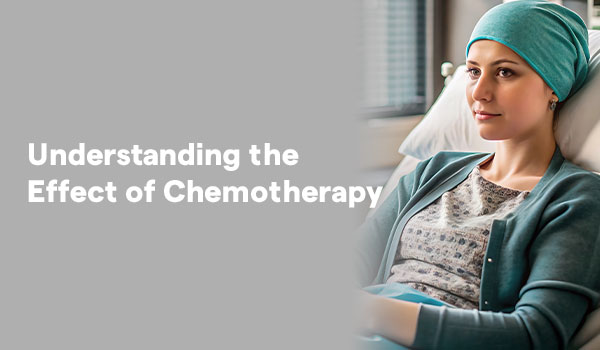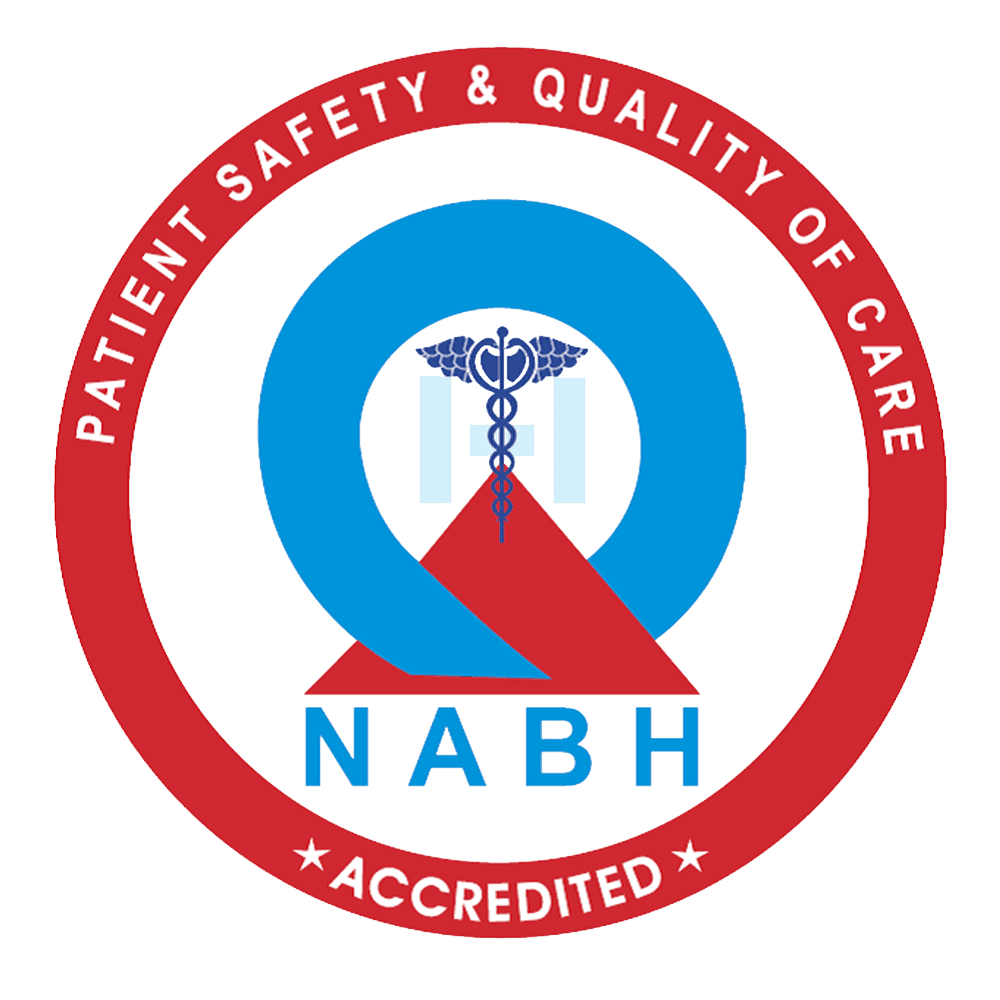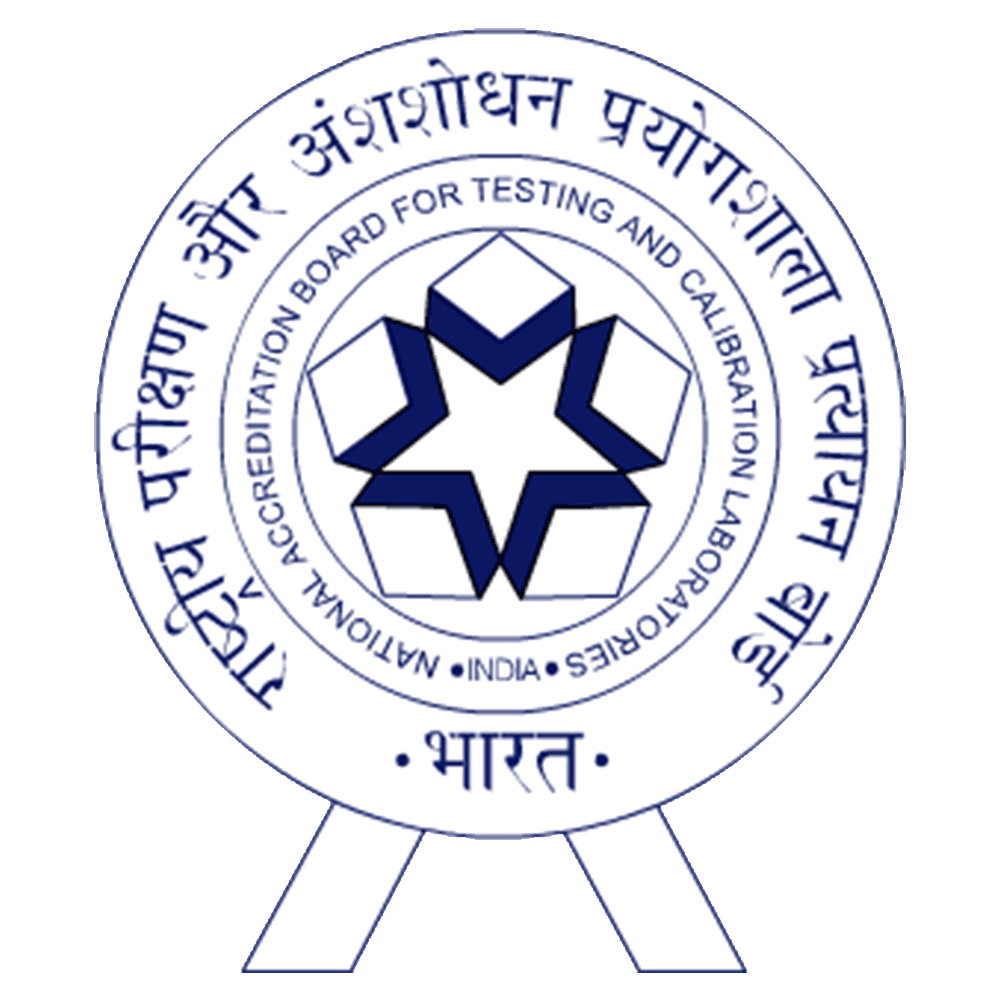Chemotherapy, also known as chemo, is one of the most prevalent approaches for cancer treatment in India. Chemotherapy is a medical procedure that effectively utilises the usage of drugs to either eliminate or slow down the growth of rapidly dividing cancer-causing cells. Medical drugs kill cells that divide quickly as part of this therapy. Chemotherapy has proven effective against cancer, yet it damages regular or unaffected cells during the treatment. Hence, patients develop multiple unwanted side effects as a part of this therapy too.
How Exactly Does Chemotherapy Work?
The detection of cancer could be heart-wrenching for individuals because the cancer-causing cells reproduce at an uncontrolled rate inside the body which eventually turns into tumors that can travel across the body tissues. These drugs from chemotherapy specifically find and kill rapidly reproducing cells because they transmit their destructive action forward; preventing cell reproduction. The treatment through chemotherapy could be administered in various forms, including:
- Intravenous Chemotherapy– Injected directly into the bloodstream.
- Oral Chemotherapy– Taken as pills or capsules.
- Intramuscular or Subcutaneous Injections– Injected into a muscle or under the skin.
- Topical Chemotherapy– Applied to the skin in cases of specific skin cancers.
Vascular access devices like chemoport and PICC line are used for the efficient delivery of chemotherapy drugs. However, a chemoport is used for long-term access under the skin to provide access for the injection of chemotherapy. On the other hand, a PICC line is inserted through a vein in the patient's arm and is commonly used for administering chemotherapy in a shorter time frame.
Healthcare providers also deliver intrathecal chemotherapy drugs deep inside the cerebrospinal fluid as part of treatment for brain and spinal cortex cancers. Medical teams use chemotherapy both independently and together with surgery and radiation therapy or immunotherapy. The primary objective during chemotherapy treatment involves tumor reduction, blocking cancer metastasis, and eliminating remaining cancer cells post-other therapy.
Impact of Chemotherapy on the Body
Chemotherapy is known to destroy cancer cells yet, it simultaneously combats normal cellular populations of cells whose division is rapid. Cells that divide rapidly such as those found in the bone marrow and digestive tract along with hair follicles and the reproductive system respond to chemotherapy treatment more effectively. Chemotherapy treatment produces various health complications. Here are some of the most common ones:
1. Fatigue
The therapy affects numerous patients who receive cancer treatment through this chemotherapy by creating heavy feelings of tiredness. In this procedure, the red blood cells suffer damage leading to insufficient oxygen delivery for the tissues. Getting enough sleep together with healthy eating habits and gentle amounts of physical movement supports fatigue management.
2. Nausea and Vomiting
The medications used in the procedure of chemotherapy reduce the efficiency of the digestive system functions causing the feeling of vomiting and nausea in patients. Antiemetics medications help in managing the patient's symptoms while changes in diet should include eating several small meals each day.
3. Hair Loss (Alopecia)
One of the widely discussed topics of public awareness about chemotherapy’s side effects includes hair loss among patients. Chemotherapy drugs destroy the cells that make up the hair follicles. Patients generally experience hair loss around three weeks into their treatment, but new hair usually starts appearing as the therapy is completed.
4. Weakened Immune System and Increased Infection Risk
The decrease in white blood cell count from chemotherapy puts the patient at a greater risk of acquiring infections. As a treatment measure physicians usually write prescriptions for remedies that stimulate the production of white blood cells. The practice of practicing good hygiene becomes important for patients along with maintaining distance from crowded spaces.
5. Changes in the Mouth Tissue Leads to Sores
Chemotherapy administration may cause mouth and throat inflammation that results in serious sores. Residents report loss of taste because the effects of chemotherapy modify their ability to taste and their foods may develop a metallic flavor or might appear bland. Patients can manage side effects by eating soft food items while staying hydrated and using prescribed mouthwash.
6. Changes in Appetite and Weight
Patients tend to develop two different reactions to appetite due to chemotherapy treatments which may involve feeling no hunger or gaining weight alongside steroid medications. A healthy diet during treatment becomes achievable through eating nutrient-dense foods while seeking advice from a specialist.
7. Cognitive Changes (Chemo Brain)
Patients experience memory difficulties along with concentration problems and "mental fog" symptoms which healthcare providers label as "chemo brain." People can improve cognitive side effects by doing mental tasks while keeping their environment orderly and ensuring proper amounts of nighttime rest.
8. Emotional and Psychological Effects
Chemotherapy treatments create emotional distress which frequently causes anxiety in the individuals while generating depression and leading to emotional instability. Supportive family relationships combined with counseling sessions and participation in support groups help patients manage their emotional responses.
Side Effects of Chemotherapy
Several existing strategies for the handling and management of the side effects of chemotherapy need proper medical attention, some ways to cope with these side effects are:
- Stay Hydrated: The act of drinking fluids to remove harmful substances from your body while simultaneously decreasing the severity of nausea.
- Eat Nutritious Foods: A nutritious diet assists the individual’s body in recovering from illness.
- Exercise Regularly: Light walking exercises help increase the body's energy levels and create positive mood changes.
- Get Plenty of Rest: The recovery process depends on sufficient sleep which also helps manage exhaustion levels.
- Follow Doctor’s Advice: Better results in treatment depend on following doctor-prescribed medications and scheduled medical visits at the best medical oncology hospital in Delhi.
- Seek Emotional Support: Supporting mental health comes from contacting friends and family members joining support groups or seeking advice from therapists.
The medical field recently developed therapeutic strategies that combine greater treatment efficacy with lower toxicities during treatment. New cancer treatments known as targeted therapies alongside immunotherapies are known for targeting cancer cells alone without damaging healthy tissue. By consulting specialised doctors can provide targeted treatment options that use genetic information from individual patients.
The cancer-fighting arsenal includes powerful chemotherapy treatments as an effective weapon ready and loaded to eliminate cancerous cells. The negative consequences of chemotherapy are reduced by both medical progress and appropriate medical management which improves treatment results for patients. Learning about chemotherapy procedures alongside their effects will make it easier for both patients and family caregivers to handle treatments. Scientists working in cancer research fields are advancing treatment methods toward higher quality patient experiences and superior healing results. To gather more information about the effects of chemotherapy book an appointment at Sir Ganga Ram Hospital today.



